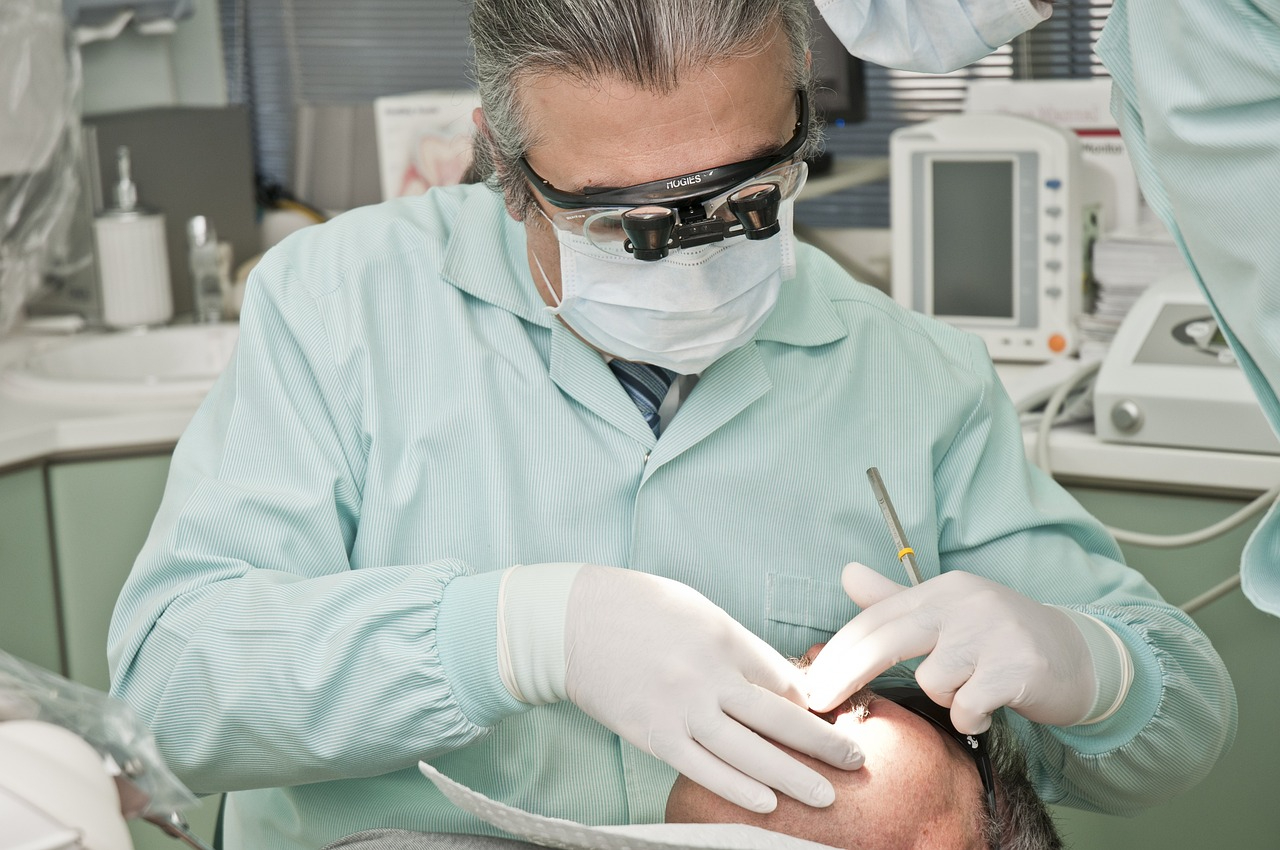NHS South Yorkshire are aware that a number of people are experiencing difficulties accessing NHS dental services and recognise the frustration this can cause.
 Everyone should have access to urgent dental care and treatment, regardless of whether they have access to a regular dentist.
Everyone should have access to urgent dental care and treatment, regardless of whether they have access to a regular dentist.
Please see the information below for advice on how to find an NHS dentist, how to care for your teeth and how to access routine, urgent and emergency dental treatment in South Yorkshire.
For further information about dentists please visit Dental services - NHS (www.nhs.uk)
Dental practices can only take on new people to be their regular patients if they have appointments available.
To find a regular dentist you can search: https://www.nhs.uk/service-search/find-a-dentist
The dental practice profile will show whether they are currently accepting new NHS patients or accepting 'where availability allows'.
Not all dental practices will be able to take on new NHS patients. You may have to join a waiting list or look for a different dentist who is taking on new NHS patients.
Dental practices do not have to keep a waiting list, but when they do, you may be asked to join that waiting list.
If you are struggling to book a routine NHS dental appointment with a dentist, we recommend some steps which can help to care for your teeth, helping to prevent urgent dental needs.
- Brush your teeth – brushing for two minutes, at least twice a day is key to maintaining good oral health. The most important time to brush is last thing at night before you go to sleep. Brushing regularly helps to prevent tooth decay and gum disease by removing plaque.
- Make sure you use a toothpaste containing fluoride, which strengthens teeth and helps protect them from tooth decay.
- Cleaning between your teeth – your dentist may also show you how to use interdental brushes, or floss to help remove plaque from between your teeth.
- Spit the toothpaste out after brushing, but don’t rinse with water or mouthwash or you’ll wash away the fluoride. If you use a mouthwash, please use it at a different time in the day to toothbrushing.
- Be aware of your diet – sugar causes tooth decay, so reduce the amount of sugary foods and drinks you are having, and how often you are having them. Avoid sugary foods and drinks between meals and just before you go to bed at night. Choose healthier low sugar snacks between meals such as fruit, savoury sandwiches, breadsticks or sticks of vegetables such as carrots.
Routine dentistry is directly accessed from primary care dental practices also known as 'high street’ dental practices.
You do not have to register with a dentist in the same way as with a GP to receive NHS treatment. However most dental practices will have a regular list of patients they see.
Dental practices are responsible for managing their own appointment system.
How often do I need a check up?
Adults should have a check-up at least once every two years and children at least once a year. Your dentist will tell you how often you need to see them.
Toothache should initially be managed with over the counter pain relief until an appointment can be made with your general dental practice, if you have one. A Pharmacist can advise what is the best pain control to meet your needs.
Do not go to your GP as they will not be able to give you dental treatment.
You will need to see a dentist as soon as possible for urgent dental care if you have:
- a very painful tooth or pain in your face which is not controlled by over the counter pain relief
- a tooth infection or swelling in your mouth
Lost fillings, crowns or bridges are not usually deemed to be clinically urgent and you are advised to contact your local dental practice, if you have one.
Patients who have access to a regular dentist
- Please contact your usual dentist for your urgent care needs
- Ring NHS 111 if your dental needs cannot be met by self-care and you are unable to get advice or an urgent appointment at your regular dental practice (e.g. out of hours or at a weekend).
- You will be offered an appointment through NHS 111 if it is deemed clinically appropriate following a telephone triage.
- The dentist will only try to fix the main problem you have.
Patients who don’t have access to a regular dentist
- Contact a local dentist in hours for an urgent appointment, OR
- Contact the urgent dental care triage service by phone via NHS111. Alternatively, go online to 111.nhs.uk (for people aged 5 years and over only).
- The dental triage service is available 24 hours a day, 7 days a week.
- You will be offered an urgent dental appointment if it is deemed clinically appropriate following a telephone triage. Please be aware that urgent dental appointments are not available 24 hours a day.
- The dentist will only try to fix the main problem you have.
Urgent dental appointments are available across South Yorkshire but you may need to travel in order to access an appointment.
Extra urgent dental appointments now available
You can also now phone one of the dental practices offering additional urgent appointments below. You do not need to be registered with the dental practice but you must contact them in advance.
We have a list if 84 dental practices who are participating here.
You should go straight to A&E if:
- You have bleeding that cannot stop after you have had a tooth taken out
- Your neck or eye is swollen
- You have swelling in the mouth or neck making it hard to breathe or swallow
- You have had an injury to the mouth or face